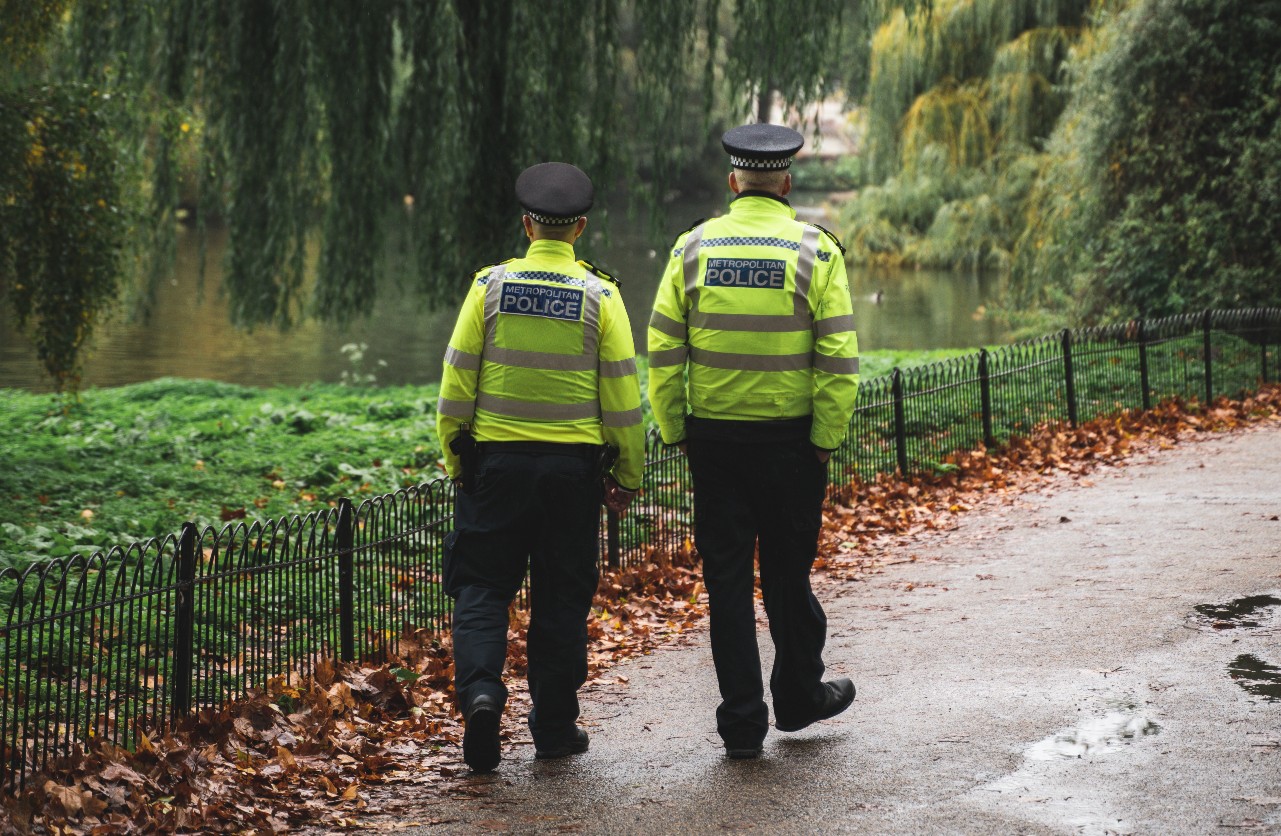Chipping away at our liberty
the devastating impact of government plans on legal aid
On 9th April 2013 the government released a consultation regarding their proposed changes to criminal legal aid, “Transforming Legal Aid: Delivering a more credible and efficient system.” The end of the consultation period is 4th June 2013, which is fast approaching.
The current proposals have attracted little media attention, resulting in little public awareness of the proposals, despite the widespread and devastating impact they will have on our criminal justice system. It is of great concern that such changes look set to be implemented without primary legislation and therefore won’t have to be debated in parliament.
The government’s proposals include the following 4 issues:
- Removing freedom of choice of lawyers from people who need to access criminal legal aid by allocating clients to specific firms who they are required to remain with for their representation.
What currently happens? An individual currently has the freedom of choice to instruct any firm, with a criminal legal aid contract, to represent them, enabling the selection of a lawyer that they trust, with experience of dealing with the type of allegation that they face.
It is a sad fact, but many who appear before the criminal courts are repeat offenders. Many defendants have built up a relationship of trust with their chosen lawyer and so accept sensible advice given. If they are allocated to a different lawyer who they are compelled to instruct, the impact will be that they are less likely to accept advice, resulting in longer and unnecessary trials, at a greater cost to the public purse.
For years the government has reduced fees in legally aided cases, relying on the concept of freedom of choice to ensure that an appropriate quality of service is provided. However quality now looks to be regarded by the government as being almost irrelevant. Certainly with a further reduction to the fees and with clients having no freedom of choice, the quality of service offered is only going to be significantly reduced and it is frankly disingenuous of anyone not to acknowledge this.
- Removing access to legal aid from those with a disposable income greater than £37,500.
What currently happens? Currently legal aid for those facing Crown Court proceedings is available for everyone, regardless of their income and capital. However all defendants have their financial circumstances assessed and those who are able, have to pay a contribution towards their legal costs; such contributions are then robustly enforced by the government.
The government seemingly wish to address the public misconception that legal aid is currently exploited by the rich, by introducing a threshold for eligibility. However anyone with experience in criminal legal aid understands that the notion of legal aid being exploited by those who don’t need it is totally without foundation.
In an economy where many people are struggling financially, with the cost of living soaring and debts increasing, there are not many ordinary people with significant savings for a rainy day. Those in the future charged with criminal offences, who don’t qualify for legal aid, will experience not so much a rainy day to deal with, but more of a tsunami.
The current proposal will leave many people who work hard for a living, who find themselves charged with a serious criminal matter, fall between the gap; unable to access legal aid, but also potentially unable to avoid paying private fees and therefore before the courts unrepresented.
There is a proposed hardship application process for those who are over the eligibility threshold, but are unable to afford private fees, to be considered on a discretionary basis. How effective this process will be remains to be seen.
Those who pay for their defence costs privately and are acquitted will not get a penny back from the government, unless they applied for legal aid and were rejected, in which case they’ll get whatever the legal aid equivalent would have been. The thought process seems to be that those who are innocent and acquitted should just pay up and be grateful if they don’t end up in prison, regardless of their innocence!
- An invitation to firms to bid for a set proportion of the market in a set geographical area, at a rate artificially capped by having to bid at least 17.5% less than the current rates.
Having endured endless cuts to the legal aid budget, many law firms conducting legally aided work report being near or at breaking point and have repeatedly told the government that any further cuts will render legal aid work not economically viable.
The government’s response to this has been to introduce the concept of price competitive tendering, which they’ve previously said would enable the market to set fair, competitive, yet sustainable fee structures. However the market is not allowed to bid freely, but at a cap proposed to be at least 17.5% less than the current rate.
Having analysed what the proposals mean in economic terms, many firms, from the smallest to the largest, have publicly announced that a bid for a set proportion of the market, with no ability to grow the business, is not an economically viable business model. A number of firms have reported that they would rather close their business in an orderly fashion, than see them slid into insolvency as a result of the proposed strangle hold proposals.
- Only firms prepared to conduct general crime are invited to bid for a criminal legal aid contract.
There are a significant number of firms who hold a criminal legal aid contract who do not offer defence to general criminal matters, but who specialise in specific areas such as defending financial crime. It is argued that the skills required to conduct specialist defence work, such as a serious fraud case, where the prosecution are relying on tens of thousands of pages of evidence requires different skills to defending general criminal matters. The current system enables firms to specialise how they wish and with freedom of choice, defendants can chose to equip themselves with lawyers from specialist firms or specialist departments within larger firms.
The current proposals of a defendant being allocated to a firm of lawyers, without choice, will result in them facing a significant risk of being allocated to a firm without any solicitors with any experience in defending the type of allegations that they face. The proposed solution to this of firms instructing specialist barristers is an inadequate solution, undermining the role a solicitor plays in the preparation of a case and in any event ignoring the realistic fact that most criminal law firms will keep their advocacy in house as a matter of financial survival.
In conclusion therefore, doom and gloom is on the horizon for lawyers conducting criminal legal aid, who face an uncertain future as to if their firms will be able to continue. More significantly for society as a whole, our criminal justice system, currently something to be proud of, is being set up for failure.
Marie Dancer
Partner
Richard Nelson LLP



